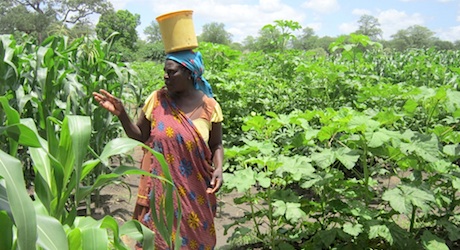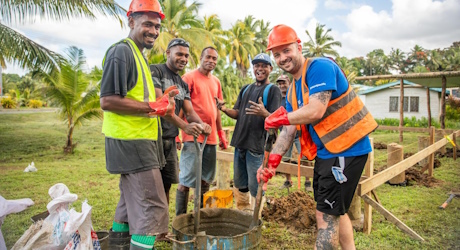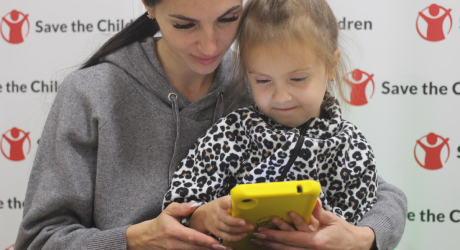Footprints Project
Since 2005, travelers like you have helped us change the world through micro-donations.

-
A total of
11930
Travelers
-
donated
$20000.29
(100% funded) -
to help improve
Food Security
-
in
Zimbabwe
Project Results
During the year the project worked in 209 villages in the districts of Chiredzi, Chipinge and Mwenezi to increase food security for vulnerable families. The project progressed well, meeting or exceeding its targets for the year.
Because of this project:
- 161 people (85% women) were trained as seed farmers of open pollinated small grain seed and legumes, producing good quality seed suited to local conditions that will be available to other farmers for planting in the 2014-15 agricultural season.
- Agricultural Input and Technology Fairs were held prior to the planting season with local seed farmers, commercial seed companies and agricultural suppliers offering good quality inputs in accessible locations. 24 fairs were held, reaching more than 20,000 people.
- The most food insecure households, particularly women-headed households, were identified through village-level processes. 4,022 households (85% women- headed) received US$35 vouchers to purchase small grain, vegetable and legume seeds and farming implements at the fairs.
- 12 new nutrition gardens were established, benefitting an average of 35 households per garden. Many of the households are affected by HIV or labour constrained. 420 people participated in training on vegetable gardening, food processing and value addition.
- 800 farmers were recruited and trained to work in groups of four to encourage local farmer groups to apply improved cultivation techniques. 17 field days were held focusing on conservation agriculture, small grain and legume cultivation.
- Training took place in communities in the village saving and loan association methodology led to the establishment of 128 groups with 1,049 members (90% women), with total savings of US$29,000 at end March.
Challenges
The rainfall in the 2013-14 agricultural season was above normal levels and extended over a longer period. An armyworm pest outbreak in early February in part of Chiredzi district led to large crop losses due to lack of pesticides on hand. While the project in conjunction with the government agricultural extension department responded quickly with pesticides, many farmers had to plant again in mid to late February. Fortunately with good rains continuing into April and the early maturing varieties of cereals being promoted through the project, farmers managed to get reasonable yields even in the armyworm outbreak areas.
A quote from one of the project participants:
“I was amazed at the rapid maturity of the CBC (a cowpea variety) seed that I received and planted. This crop managed to help my household through the normally hungry period of January and February because I was already harvesting it and cooking it for my household. In the past our children got malnourished during this period, but this time, it has been a different thing. It is because I listened to the advice to plant this cowpea variety.”
What's next?
The project is continuing for three more financial years including FY 14-15, however, due to recent reduction in international funding, the budget has been reduced. The project team is proposing to reduce the number of wards of operation in Chiredzi district from 9 to 6 by dropping 3 wards.
Plan is currently working worldwide to find other donors that can support the continuation of the program in these wards.
Traveling soon? When you buy travel insurance with us, you can make a contribution towards a cause you care about.
Get a quote






